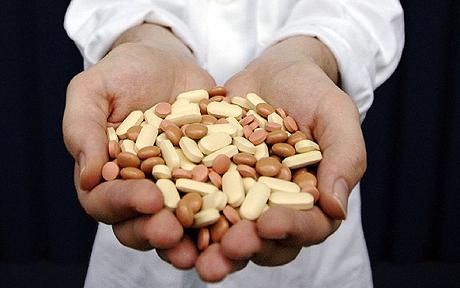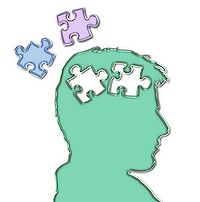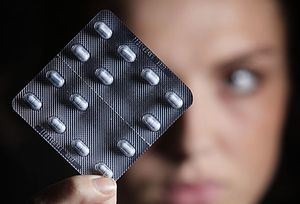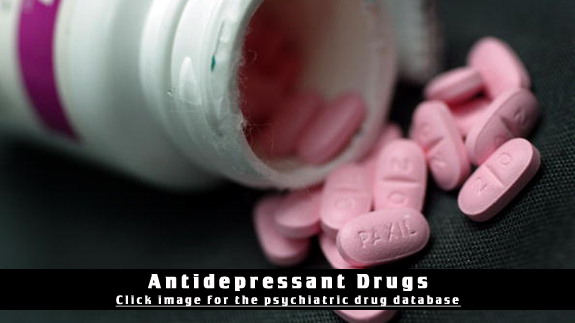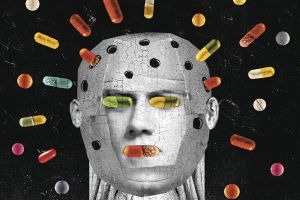
Are Psychiatric Medications Making Us Sicker?
I first took a close look at treatments for mental illness 15 years ago while researching an article for Scientific American. At the time, sales of a new class of antidepressants, selective serotonin reuptake inhibitors, or SSRI’s, were booming. The first SSRI, Prozac, had quickly become the most widely prescribed drug in the world. Many psychiatrists, notably Peter D. Kramer, author of the best seller Listening to Prozac, touted SSRI’s as a revolutionary advance in the treatment of mental illness. Prozac, Kramer said in a phrase that I hope now haunts him, could make patients “better than well.”
Clinical trials told a different story. SSRI’s are no more effective than two older classes of antidepressants, tricyclics and monoamine oxidase inhibitors. What was even more surprising to me—given the rave reviews Prozac had received from Kramer and others—was that antidepressants as a whole were not more effective than so-called talking cures, whether cognitive behavioral therapy or even old-fashioned Freudian psychoanalysis. According to some investigators, treatments for depression and other common ailments work—if they do work—by harnessing the placebo effect, the tendency of a patient’s expectation of improvement to become self-fulfilling. I titled my article “Why Freud Isn’t Dead.” Far from defending psychoanalysis, my point was that psychiatry has made disturbingly little progress since the heyday of Freudian theory.

